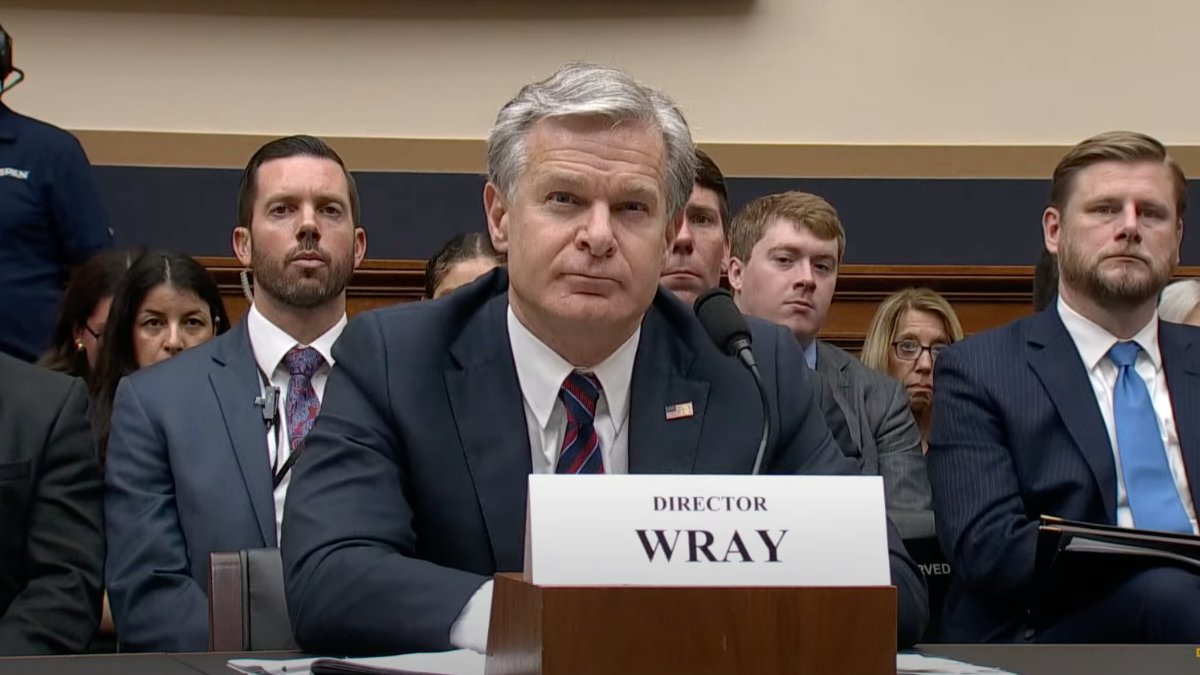
Religion and spirituality are among the most important of cultural factors, giving structure and meaning to behaviors, value systems, and experiences. Near the holy days of Easter and Pesach, our bodies, minds, and spirit turn to renewing and reaffirming our faith for the year to come.
Consequently, theologians, scientists, and other thinkers have attempted for centuries to understand the effects religion can have on human beings, both mentally and physically. Despite ample reason to believe that faith in a higher power is associated with improved health, very little is still known about the effect religion has on the living body.
Perhaps surprisingly, there is still very little quantitative research published in peer-reviewed journals exploring the relationship between religiosity and health. A primary reason for the lack of institutional knowledge in this area of study is that as the centuries have progressed, scholars in medicine, public health, psychology, sociology, spirituality, religion, economics, and law have all gone to distinct silos.
Subsequently, there is a growing body of research, but it exists in disparate fields, with little overlap addressing the implications for health. There is also much contention about working definitions of terminology like “religious,” “faith,” and “spiritual,” making research difficult to standardize and impossible to randomize.
Healing Has Long Been Linked to Religion
That said, the lack of knowledge about links between religious behaviors and health is fascinating given that health care is deeply rooted in religious institutions, and vice versa. Religious organizations built many of the first hospitals, and clergy (supplementing small church wages) were often practicing physicians and medical providers. This was true both in the Middle East and in the American colonies, and included much focus on mental health services, with both positive and negative recorded histories.
As time passed, the link between religion and health care has slowly fallen to the wayside in favor of strict clinical practices and medical protocols. Despite multiple studies over the last several decades concluding that those who are religiously involved live longer, and that many patients welcome spiritual beliefs into their care, this is no longer the norm in America.
For example, researchers at the Mayo Clinic concluded, “Most studies have shown that religious involvement and spirituality are associated with better health outcomes, including greater longevity, coping skills, and health-related quality of life (even during terminal illness) and less anxiety, depression, and suicide. Several studies have shown that addressing the spiritual needs of the patient may enhance recovery from illness.”
Given how much we are learning about the influence social-emotional aspects of life can have on overall health, however, religious beliefs and activities should be an area of intense focus for medical researchers. And it’s a shame that practitioners don’t work more intentionally with religious communities and their leaders to treat the whole patient.
With that quandary in mind, I set out to learn more about existing academic research looking at the influence faith can have on health. First let’s look at what it says about how beliefs can influence a person’s behavior and health outcomes, then at how the health system in the United States integrates faith into the care process. The major takeaways are as follows.
Mental Health
- Literature on religiosity and health overwhelmingly looks at patients’ mental health and belief systems. A surprising 80 percent of research on spirituality/religiousness and health focuses on mental health. This is because most associations with faith are related to how one thinks about the world and his role in it. Words like connectedness, hope, optimism, trust, and purpose are often associated with religious beliefs. All have been shown to boost mental health.
- Compassion, forgiveness, and gratefulness are also strongly associated with individuals who are spiritual and religious. Practicing these qualities is thought to be associated with decreased stress and increased resiliency.
- Religious practices tend to give one a sense of purpose greater than oneself. This desire to help others promotes social activities and reciprocal support systems. Being in a religious social group further increases the likelihood that you are surrounded with likeminded people with a shared belief system, reducing social conflict.
- Intriguingly, although religion and spirituality correlate to an external locus of control (God as a higher power in control of our destiny), most research concludes that those who are religious have a strong internal sense of control. Research from Duke University suggests this is because as people pray, and ask God for guidance, they feel a sense of control over their situation, helping them cope with depression and anxiety.
- Negative religious beliefs can (and do) play a part for some individuals. For example, fear that one is being punished or abandoned by God in the face of medical problems. These negative thoughts associated with religion can be linked to higher rates of depression and lower quality of life. Additional stress in these cases can also damage mental health.
Physical Health
- While mental and physical health are intricately intertwined, the physical manifestations of spirituality and religious beliefs are considered indirect. That means our belief system drives the way we think and behave, which then affects our health-related actions. For example, people with greater depression and anxiety have more physical health problems. In turn, worse mental health and physical health lead to lower quality of life and a shorter life expectancy. And vice versa.
- Caring for one’s physical body is emphasized in many faiths, including Judeo-Christianity which says, “Do you not know that your bodies are templesof the Holy Spirit, who is in you, whom you have received from God? You are not your own; you were bought at a price. Therefore honor God with your bodies” (Corinthian 6:19-20). This leads many religious individuals to take better care of their bodies by actions such as abstaining from drinking, prioritizing meditation, and not partaking in activities that harm the body.
Patient-Physician Relationship
- A 2018 survey of American physicians and patients suggests that about 64 percent of physicians believe in the existence of God or a higher power, and more than 90 percent of patients claimed the same. This is consistent with a Pew study, which concluded that about 90 percent of Americans believe in a higher power. In contrast, 25 percent of physicians reported uncertainty in their beliefs. Between medical protocols and a higher disbelief in religion, it’s not surprising many doctors do not engage patients about faith.
- While many health workers may think it inappropriate to ask patients about beliefs and faith, patients disagree. One study concluded that 77 percent of patients thought physicians should consider patients’ spiritual needs. More specifically, 48 percent welcomed or desired that their physicians pray with them, and another 37 percent wanted physicians to discuss religious beliefs with them. Despite these desires, the same study found that almost 70 percent of patients claimed their physician had never broached the topic of religion with them.
- Existential questions cannot be answered by medical professionals, yet they often accompany seeking medical care. This is particularly true for those with more traumatic or chronic conditions. Thus, when seeking answers to questions such as, “Why me?” or “What is the meaning of this?” people often look outside traditional health care settings—including religion—to find answers. Therefore, it is natural behavior for humans to turn to faith when touching the health care system.
Based on the consistent and slowly growing body of literature, it is known that religion, faith, and spiritual practices are intimately tied to overall health. Now, we need the care system and the research community to integrate the knowledge into the patient experience and continuum of care. Further, this is a time to call on our religious communities and leaders, as well as health leaders, to work together by putting the whole person at the center of care.









